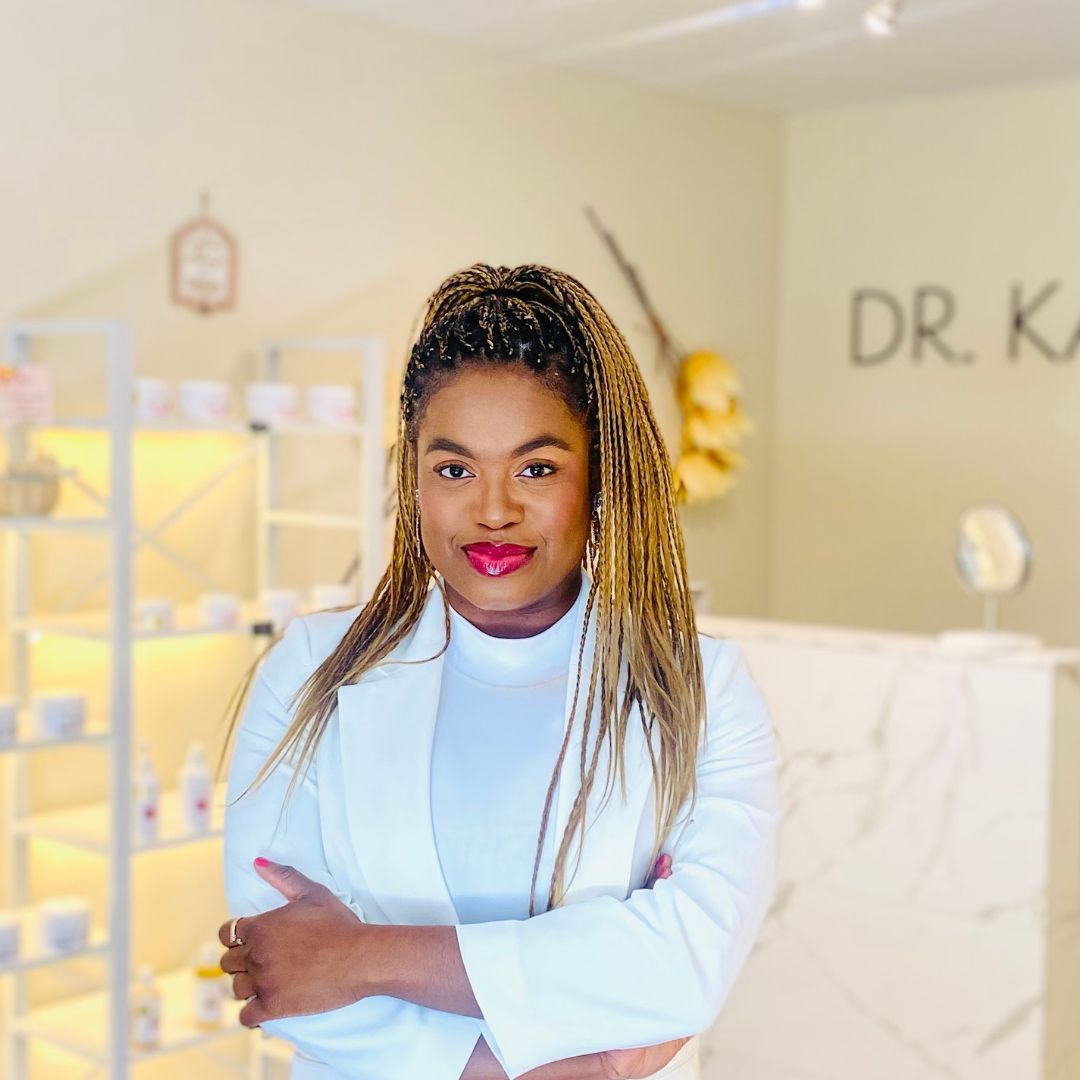
Key Toxins Found in Beauty Products For Black Women
As a Black cardiovascular scientist, I understand the importance of using safe personal care products — not just for beauty, but for overall health. That’s why at Dr.Kanks, every formula is crafted with plant-based ingredients and minimal synthetics. We use only one gentle preservative — just enough to protect your products from harmful microorganisms, while keeping your skin and body safe from harsh chemicals.
Unfortunately, more and more scientific studies are revealing that toxins are hidden in many of our everyday personal care products — from lotions and shampoos to deodorants and even baby products. The question is: why? Why would companies knowingly include ingredients that may harm our skin or disrupt our hormones?
The truth is simple — and uncomfortable: money.
Many mainstream beauty brands rely on cheap synthetic ingredients that extend shelf life, create artificial textures or scents, and cut production costs. Ingredients like parabens, phthalates, mineral oils, and synthetic fragrances are inexpensive and easy to source in bulk. They help products feel silky, smell appealing, and stay stable for years — but at the expense of our health.
What’s worse, cosmetic regulations are weak in many countries, including the United States. The FDA doesn’t require safety testing for most cosmetic ingredients before they reach store shelves. As a result, thousands of untested or minimally reviewed chemicals end up in products that millions of people use every day — often marketed as “clean” or “dermatologist-approved.”
For women, especially Black women, this issue hits even harder. Research shows that beauty products marketed to women of color — hair relaxers, skin lighteners, and fragranced lotions — are more likely to contain hormone-disrupting chemicals linked to fibroids, infertility, and cancers.
Key toxins & skincare concerns
1. Heavy metals (lead, mercury, cadmium, arsenic, chromium)
-
Several reviews show that cosmetics and personal care products can contain heavy metals either deliberately (color additives, pigments) or as contaminants. ScienceDirect+2ResearchGate+2
-
For example, one review states: “Heavy metals such as lead, arsenic, mercury, aluminum, zinc, chromium, and iron are found in various personal care products like lipstick, whitening toothpaste, eyeliner, and nail polish.” Frontiers+2EWG+2
-
These metals pose real risks: the same review notes that “Lead: Lead exposure from cosmetics has been linked to … neurological damage. Mercury: a potent neurotoxin … kidney damage. Cadmium: lung damage, kidney dysfunction, bone disorders. Arsenic: carcinogen causing skin lesions, cancers.” Frontiers+1
-
Another article (Raza-Naqvi et al., 2022) describes how heavy metals are detected in hair, face and body products, how they’re absorbed via skin (especially where skin is thin) and how they accumulate or replace essential metals in the body’s biomolecules
2. Endocrine-disrupting chemicals (EDCs) & synthetic additives
-
According to the Environmental Working Group (“Toxic Twelve” list), cosmetics can contain compounds that act as endocrine disruptors (such as phthalates, parabens), as well as contaminants like heavy metals . EWG
- Parabens are widely used as preservatives in skincare, but they’re known endocrine-disrupting chemicals (EDCs) that mimic estrogen and have been linked with reproductive health issues and even cancer risks. Hurtig Lane+2One Green Planet+2
-
One review (Wirtu et al., 2024) states: “Some chemicals used in personal care products can negatively affect the hormone system, even at low concentrations … endocrine-disrupting substances like parabens and phthalates may be most dangerous during fetal and early postnatal development.” Frontiers
Why relevant for Black women
-
Several hair and skin treatments (relaxers, straighteners, chemical hair‐processes) used more frequently in Black communities have been discussed in relation to endocrine/disruption and hair-scalp health (though direct causal links are still under study).
-
Skin care aimed at pigmentation or texture may use stronger actives; layering many products may increase total exposure to EDCs.
Key Findings
-
A study of eight commercially-available hair and skin products (including one labelled “petroleum jelly”) found detectable estrogenic activity in vitro (meaning the product extract caused proliferation of estrogen-sensitive cells). ResearchGate+1
-
The paper states: “Petroleum Jelly (SP4) exhibited moderate EA (estrogenic activity) in our tests …” ResearchGate
-
The authors caution this is a hazard assessment, not a full risk assessment. ResearchGate
-
This suggests that even seemingly inert products may contain bio-active contaminants or components able to mimic hormones.
-
-
Reviews on endocrine-disrupting chemicals (EDCs) broadly show associations with uterine fibroids. For example:
-
A 2022 review: “Exposure to environmental contaminants … taken together, current data support a role for exposure to environmental contaminants in the development of uterine fibroids.” MDPI+1
-
A 2025 review: found that exposures to certain EDCs (e.g., phthalates, OPEs) were “demonstrated to be associated with an elevated risk of uterine fibroids in premenopausal women.” BioMed Central
-
The mechanism often relates to disruption of estrogen/progesterone signaling, gene regulation, epigenetic changes. PMC+1
-
-
A news item summarizes a recent study showing women with higher exposures to certain phthalates had larger fibroids (via activation of AHR receptor in myometrium) — reinforces how chemical exposures, even from consumer products, may matter. Northwestern Now
Recently, I had five customers who are cancer patients undergoing chemotherapy tell me something that truly touched my heart — they said our Dr.Kanks body oils were the only products that soothed their skin after radiation therapy. That kind of feedback reminds me why I started this brand in the first place. People often talk about our oils because they smell amazing, but they sometimes forget the most important part — how deeply moisturizing, nourishing, and repairing they are. Our oils are carefully formulated to keep skin soft, hydrated, and comfortable all day long, even for those with the most sensitive or damaged skin. This is more than skincare — it’s healing care rooted in science and love.

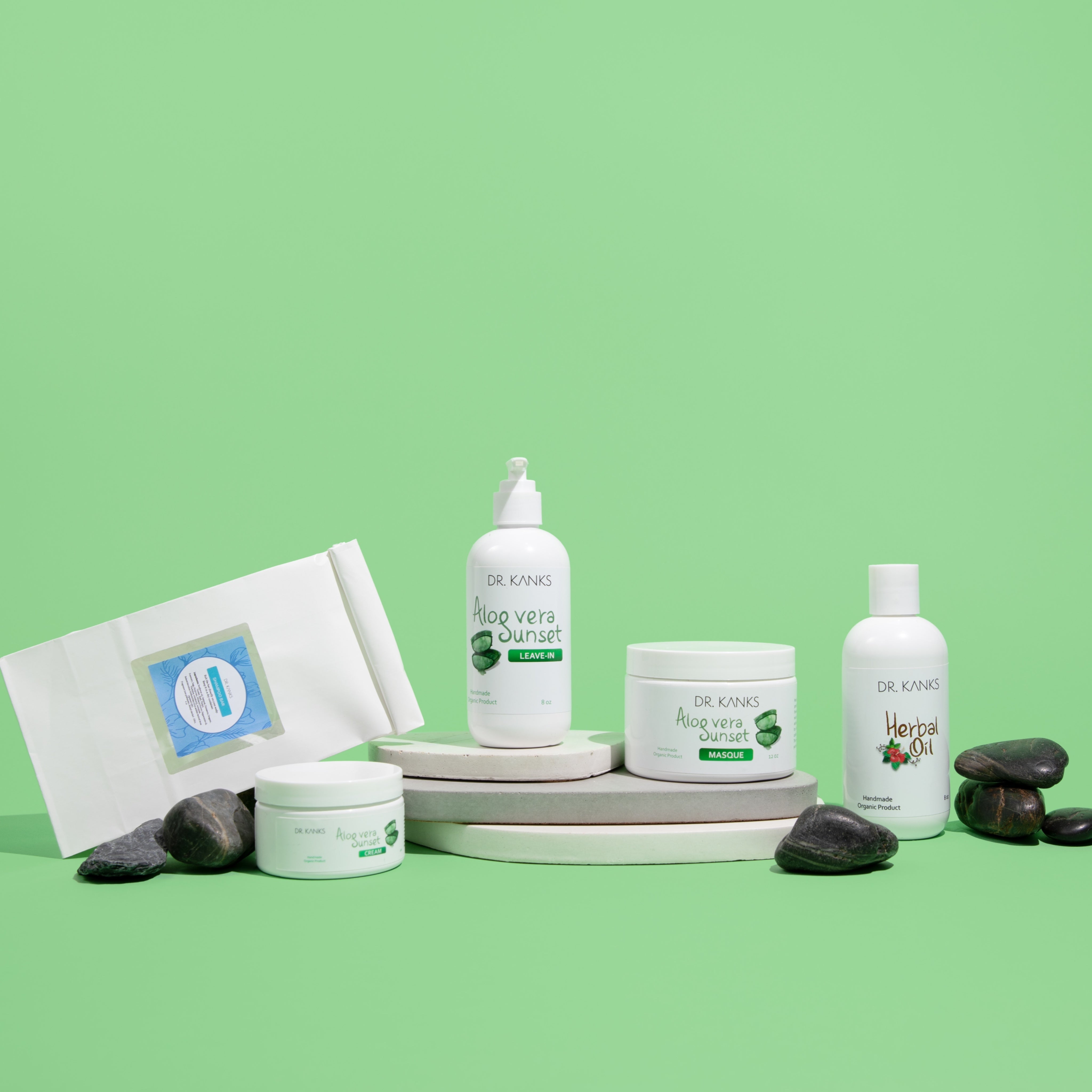
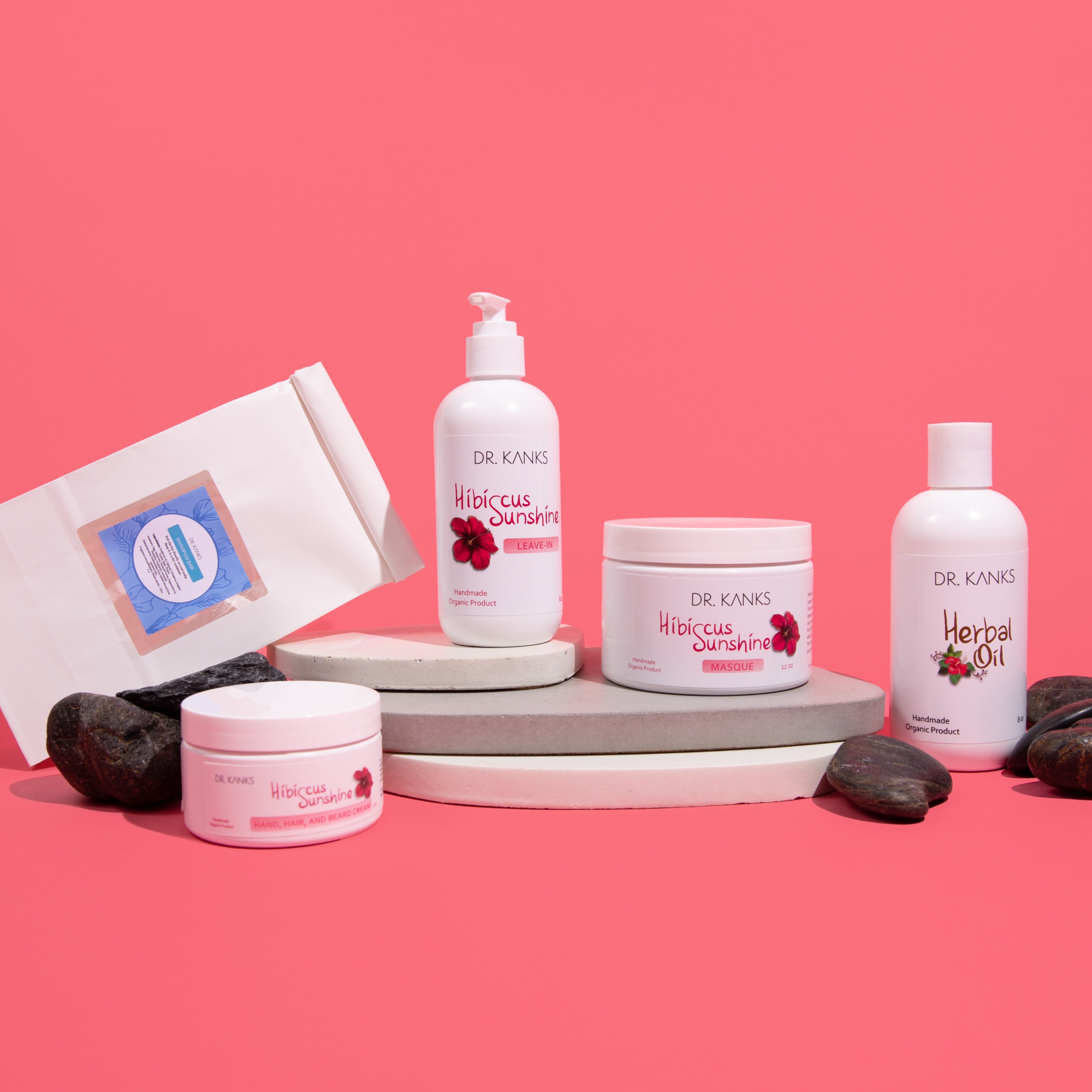
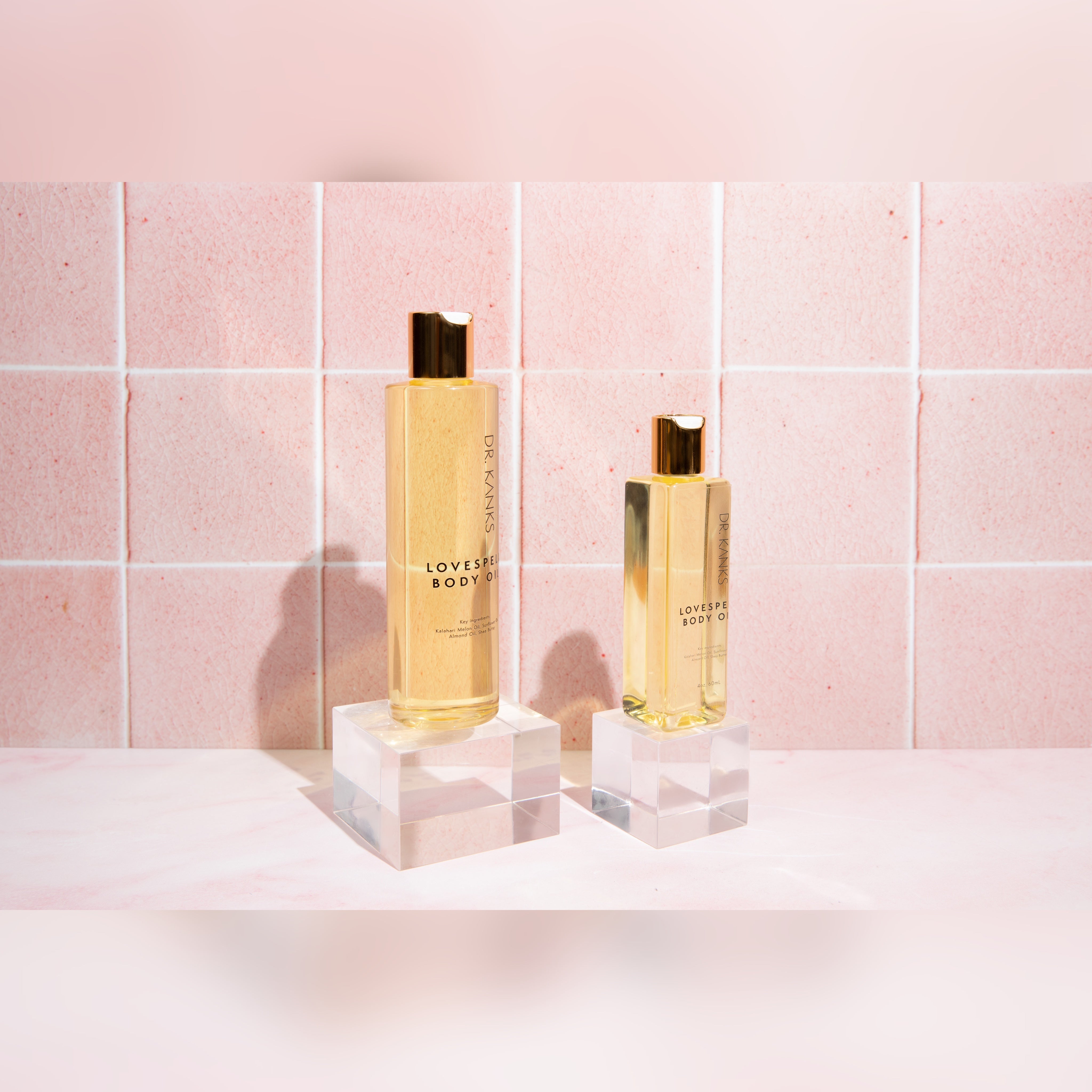

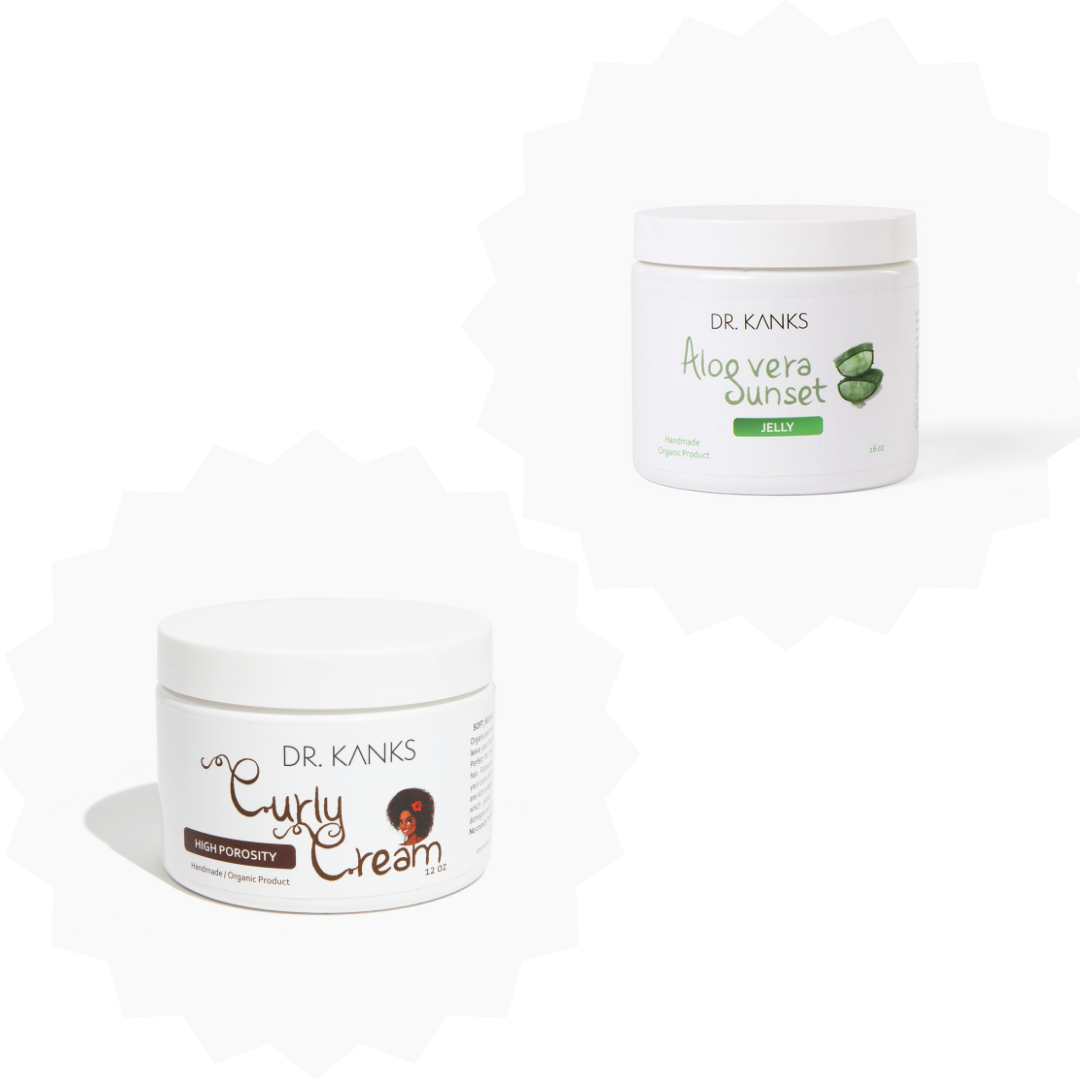
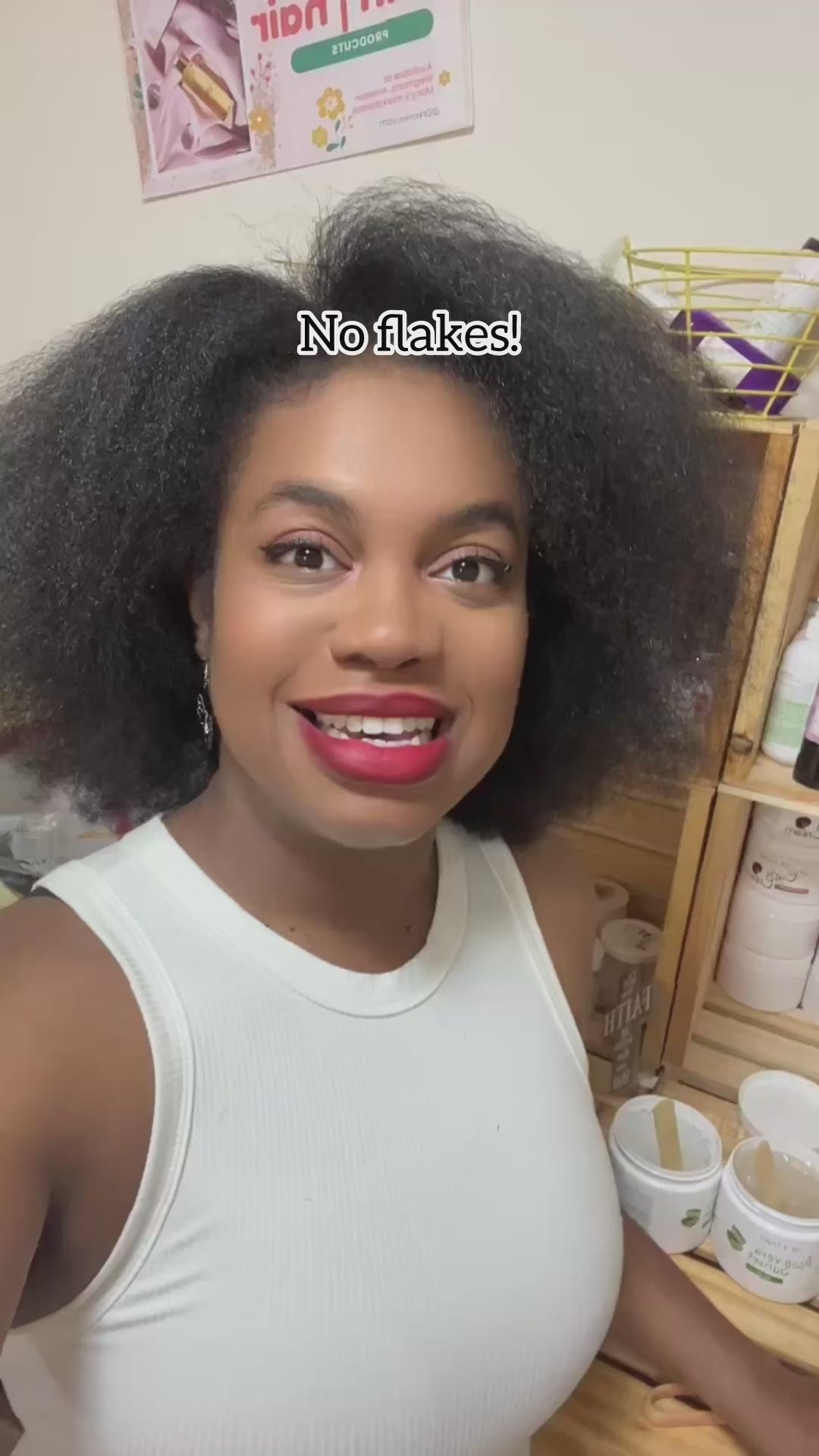
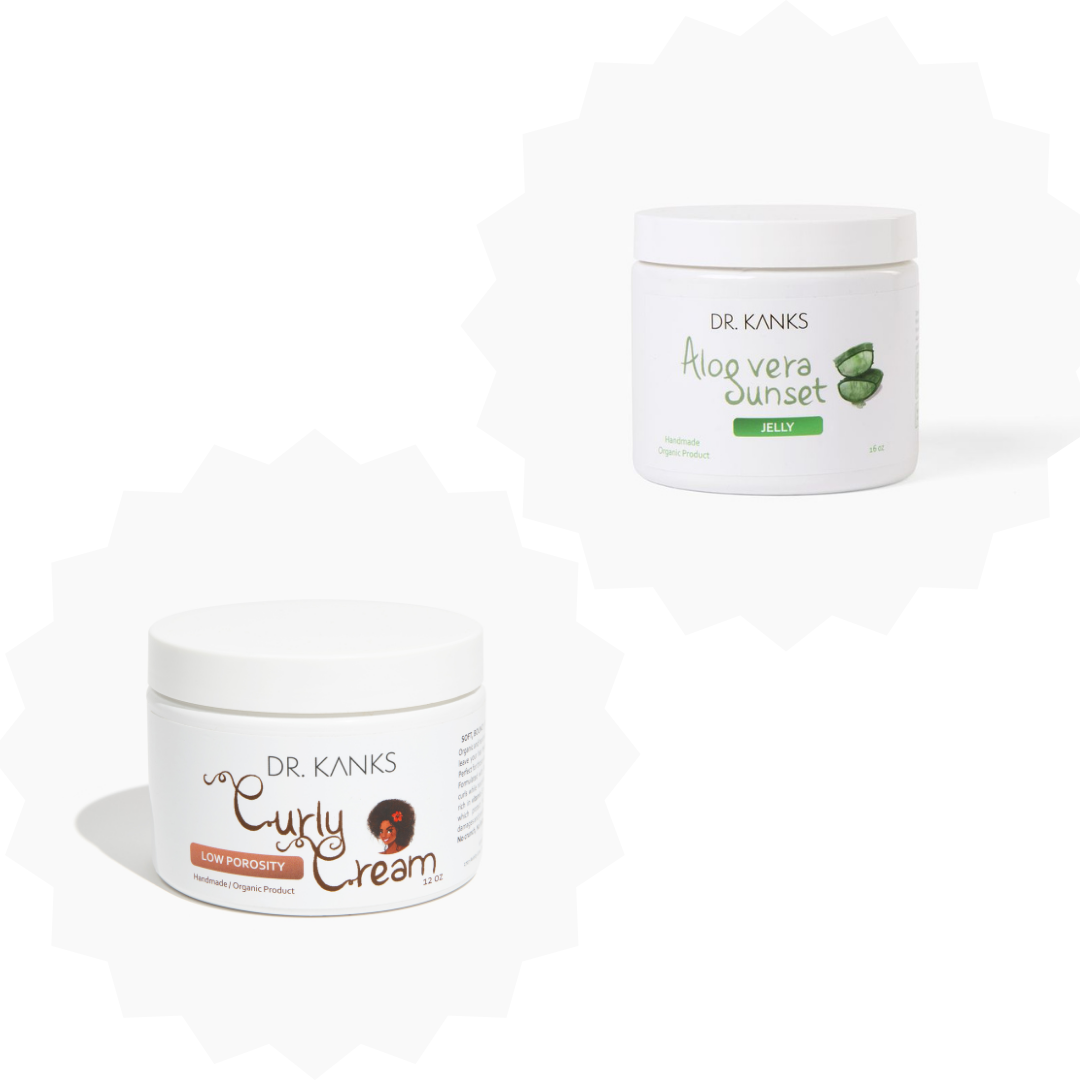
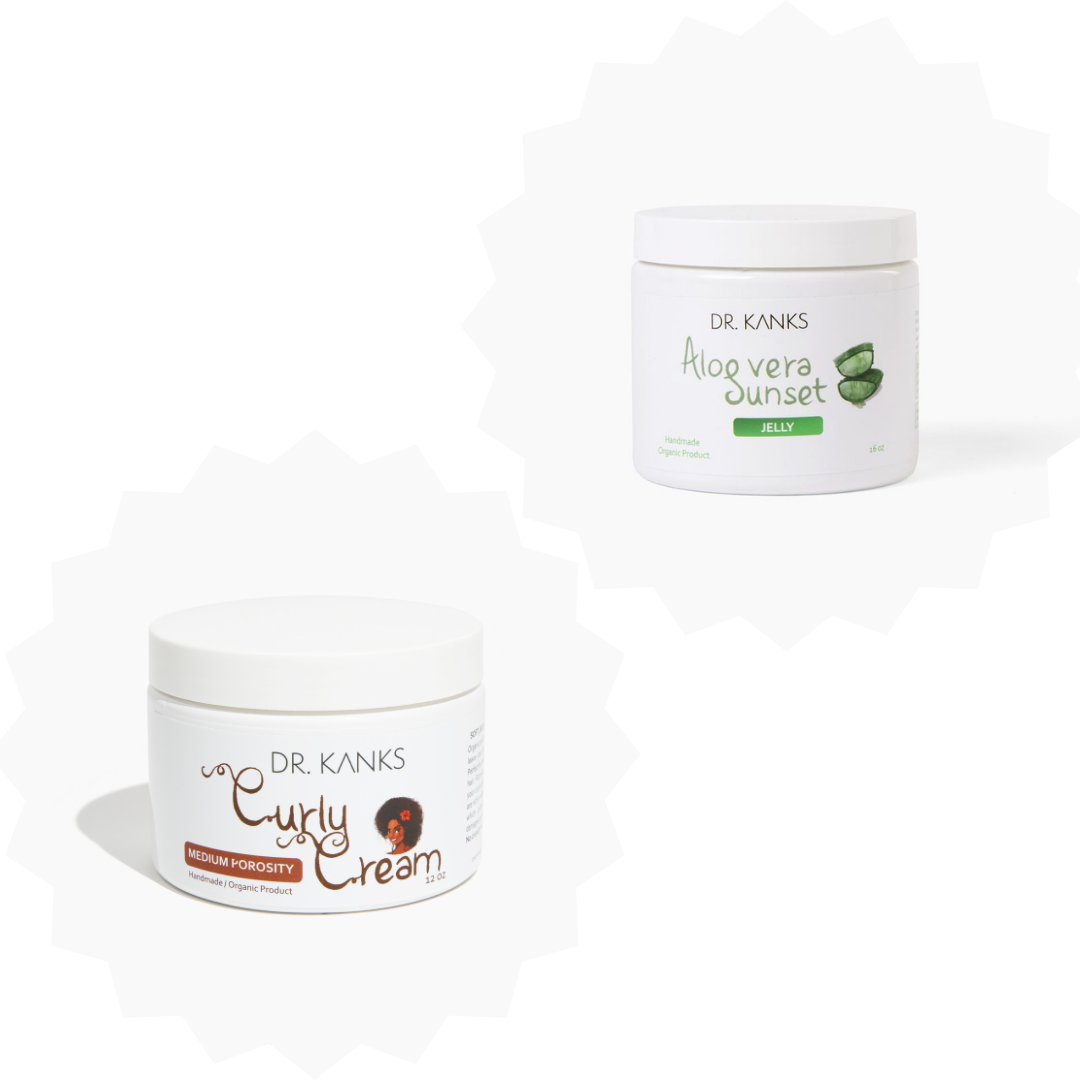
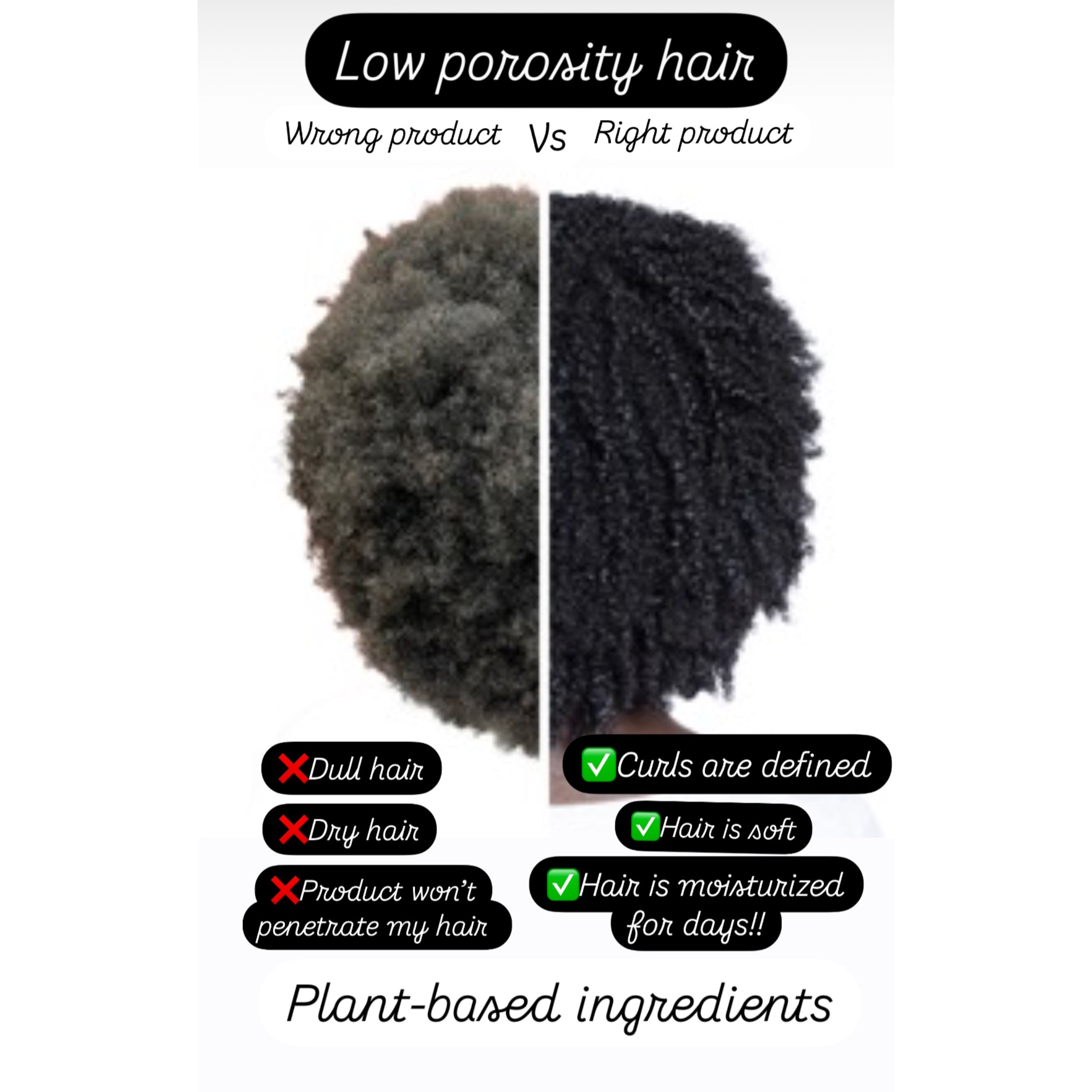
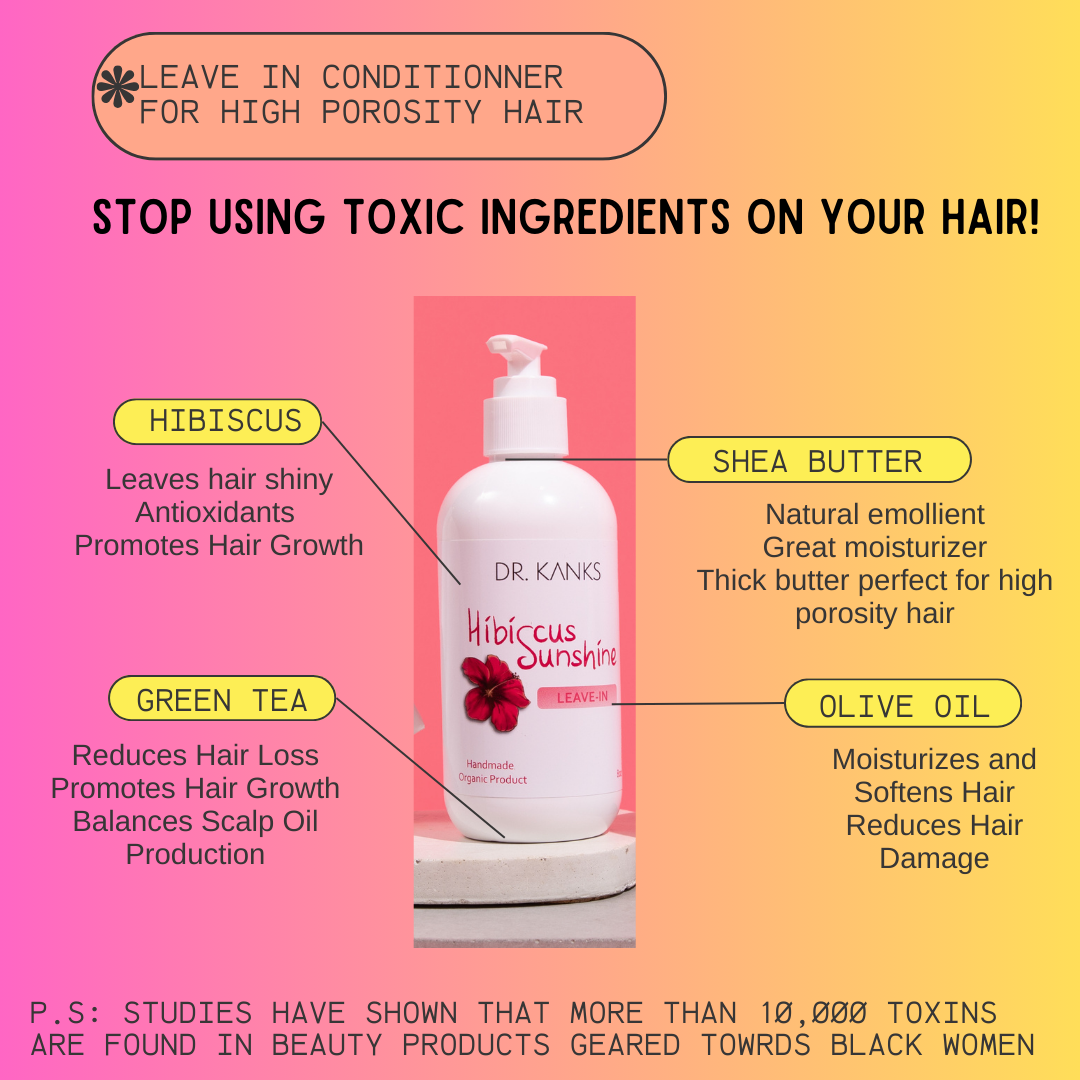
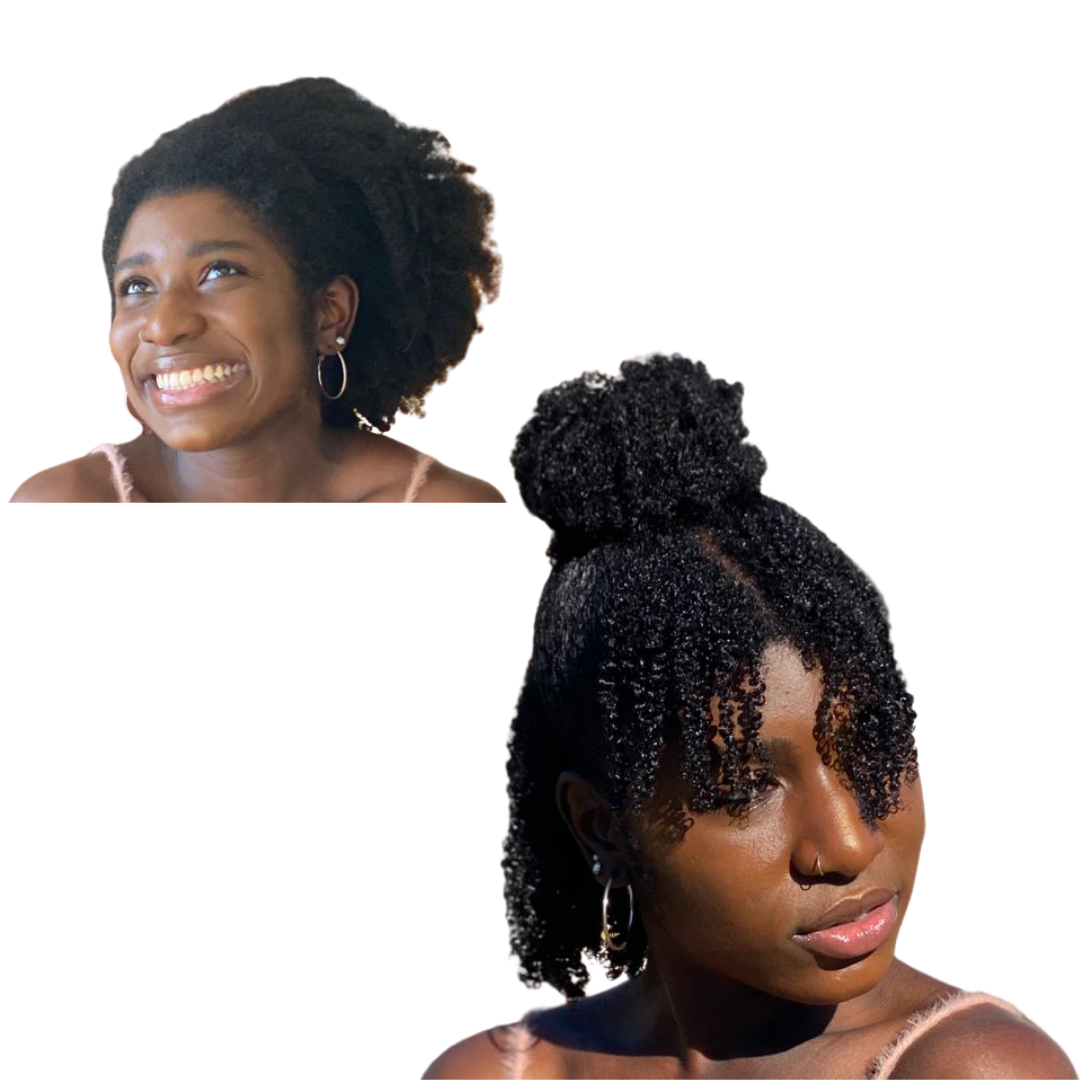
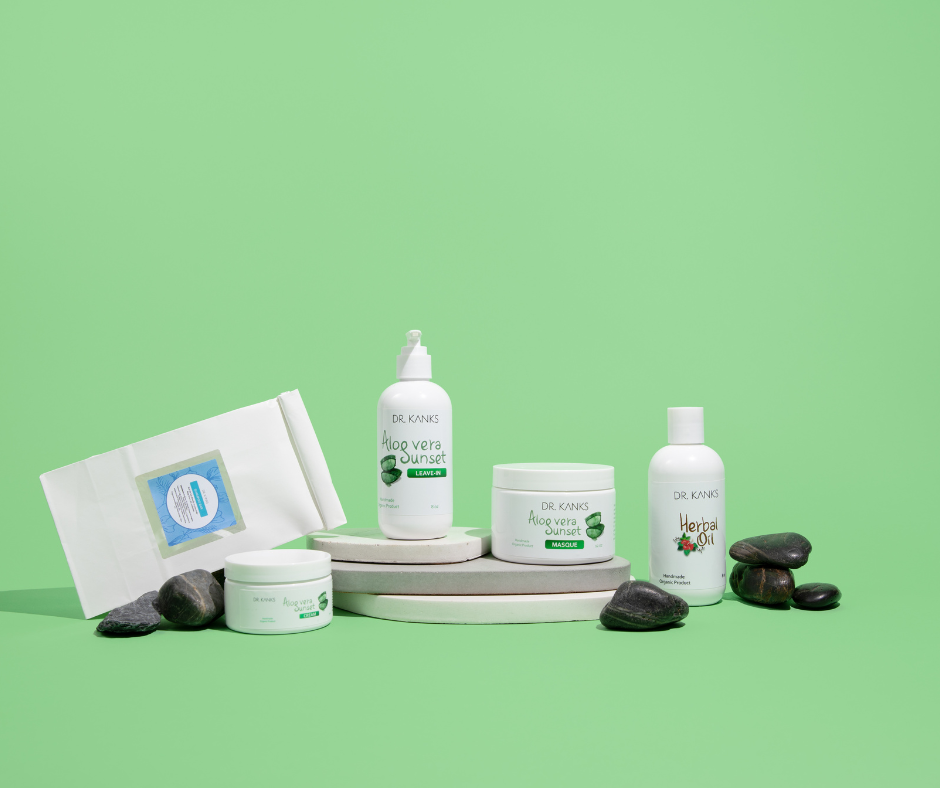
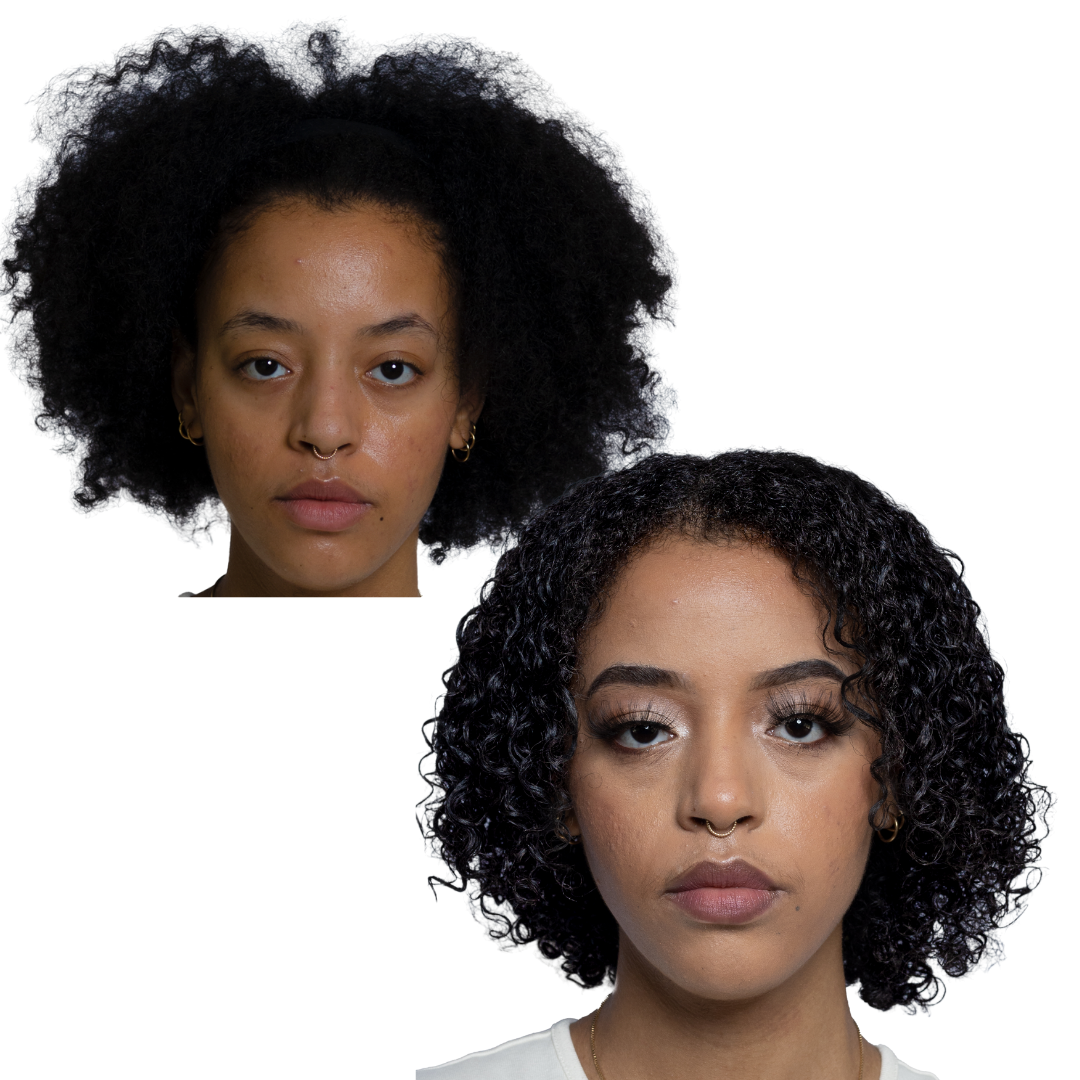
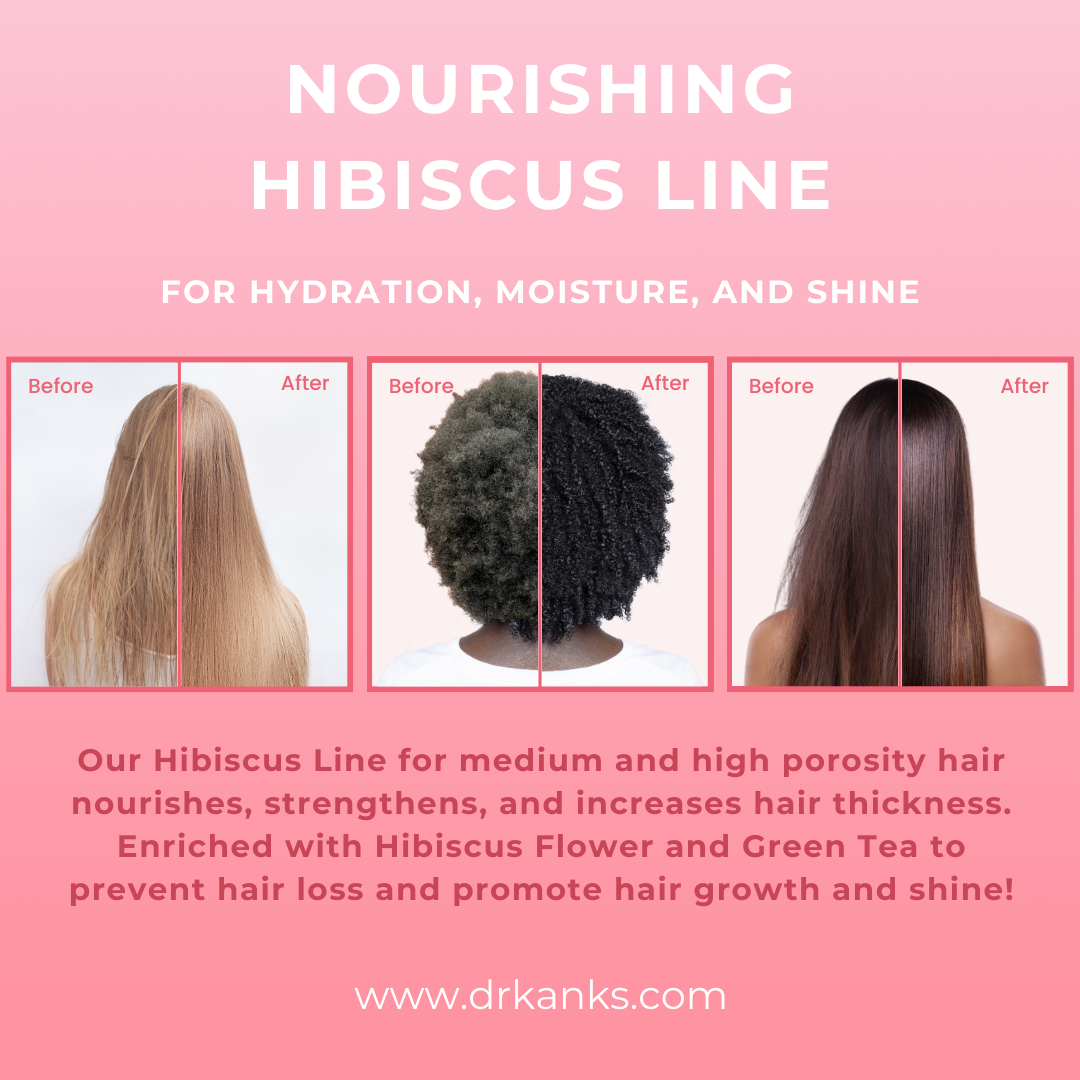
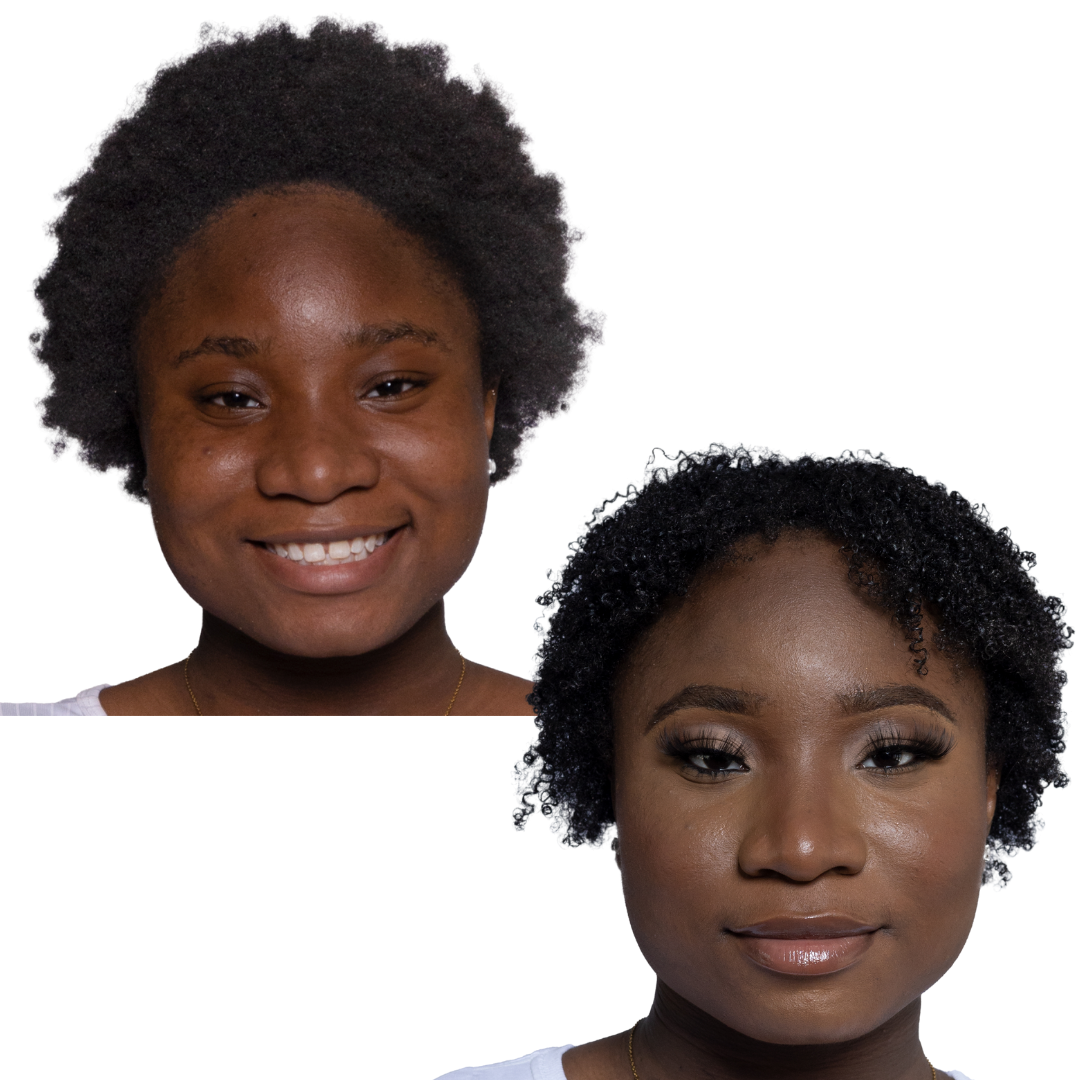
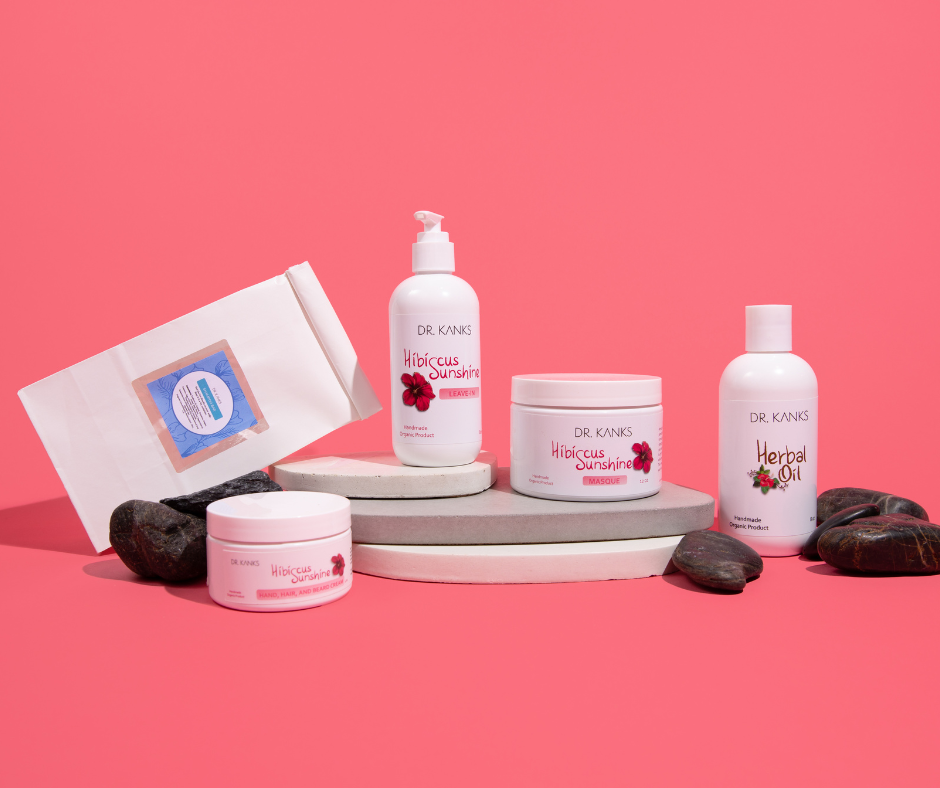
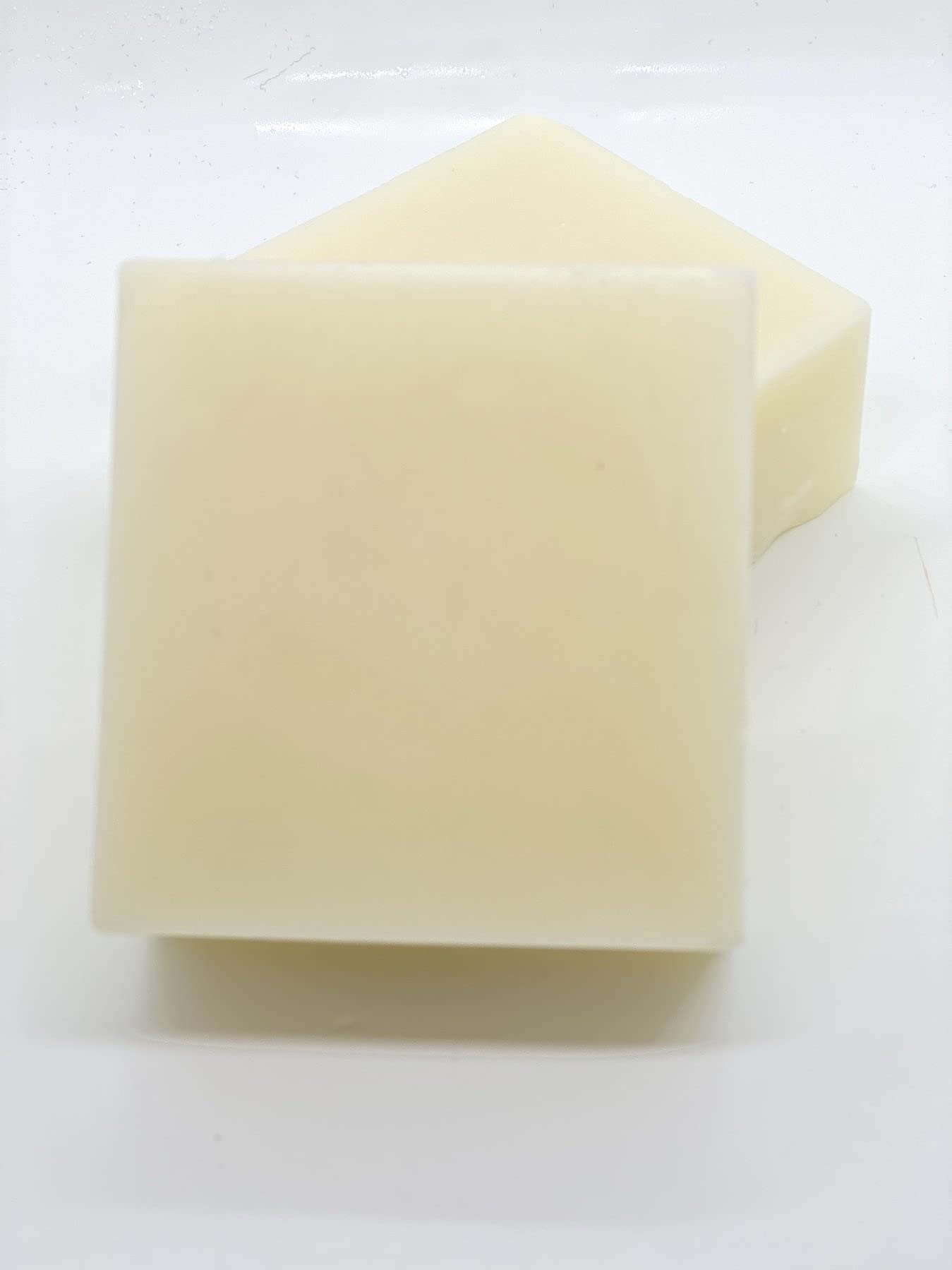
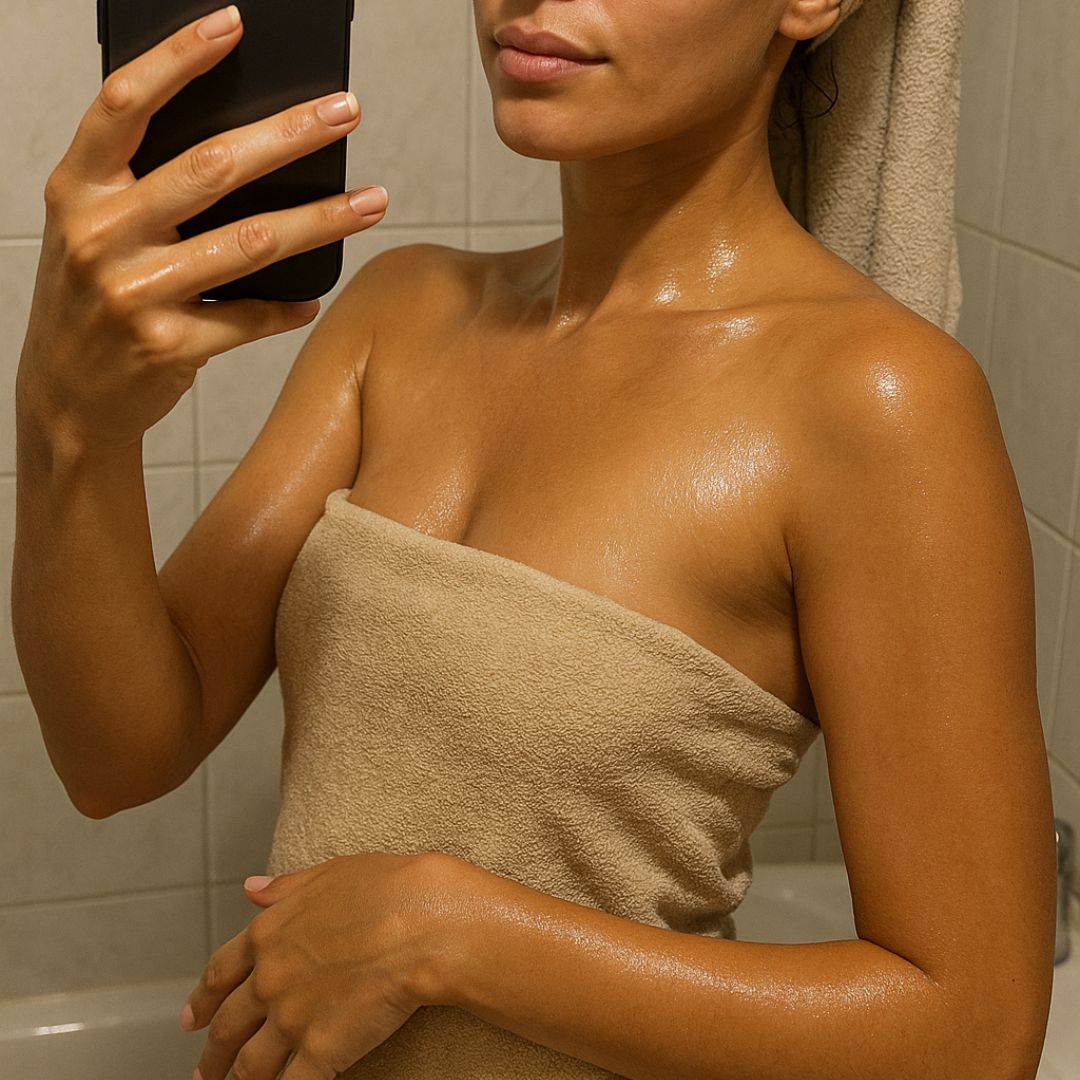
Laisser un commentaire
Ce site est protégé par hCaptcha, et la Politique de confidentialité et les Conditions de service de hCaptcha s’appliquent.